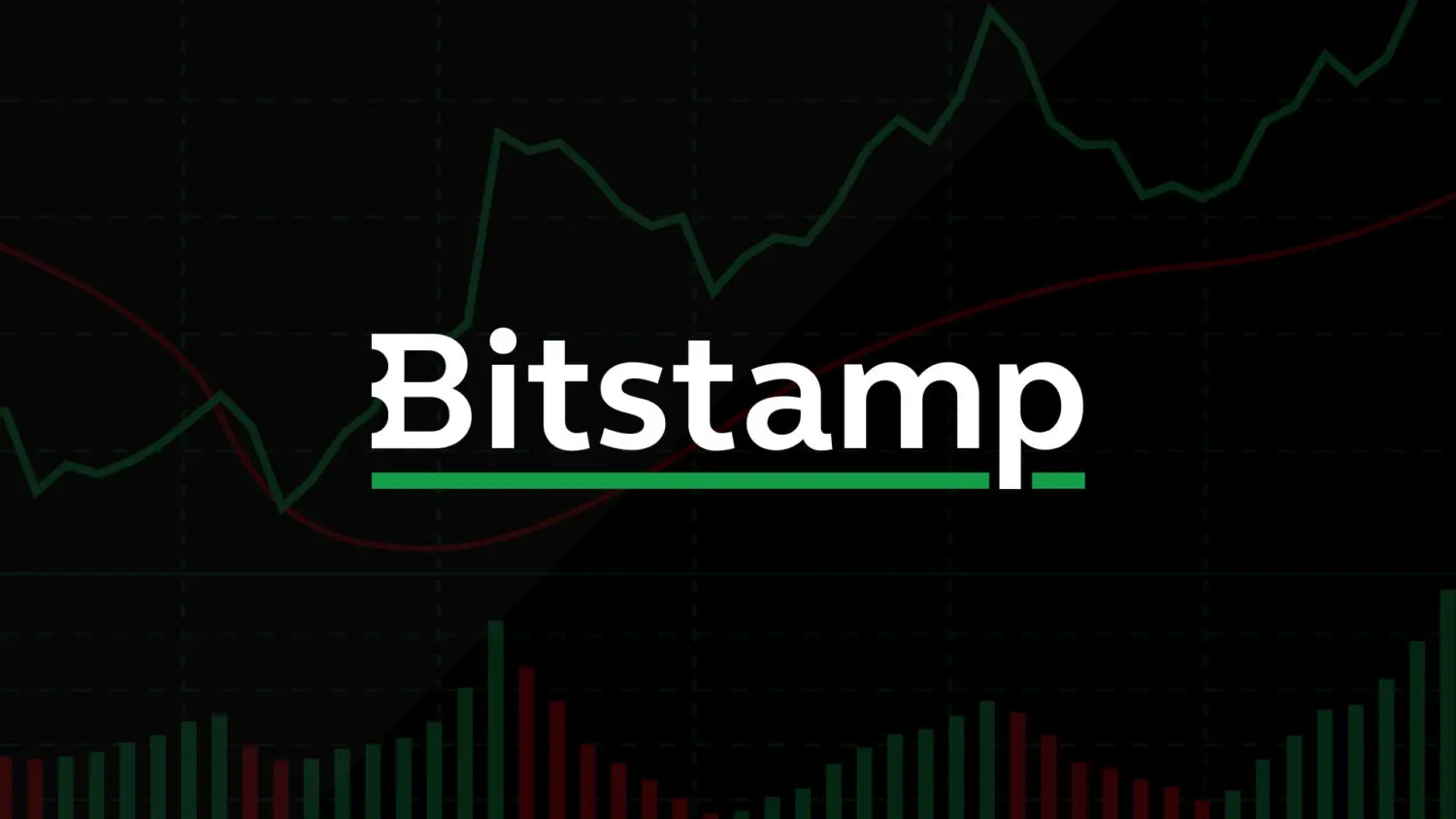Bitstamp has successfully completed its registration process with the French Financial Markets Authority, as confirmed by the regulator’s official website. The exchange has now joined the ranks of Binance and Bitpanda, all of which have registered under France’s cryptocurrency regulatory framework within the European Union. The French registration process involves evaluating the company’s management team for competency and reputation, as well as ensuring compliance with anti-money laundering regulations.
Bitstamp, with locations in Luxembourg, London, and New York, has previously completed registration in Spain and Italy. The European cryptocurrency industry is currently anticipating the implementation of the EU’s Markets in Crypto Assets (MiCA) regulation, which imposes strict reserve and investor disclosure requirements on crypto-related services such as wallets and exchanges. In response to the recent collapse of FTX, French lawmakers are currently exploring proposals that would require unregistered companies serving the French market to segregate their clients’ assets and address conflicts of interest, a stricter requirement aimed at facilitating the transition to MiCA.

Bitstamp’s Global CEO, Jean-Baptiste Graftieaux, expressed his excitement in an email statement to CoinDesk about the company’s new status as a virtual asset provider in France. He stated, “France represents one of the most important markets for Bitstamp in Europe”.
“The crypto-asset market has been experiencing a major turning point for a few months now and, as a pioneering player, we are keen to be a driving force in the adoption of crypto-currencies from a wider public.”
The regulation of crypto exchanges is a complex and ongoing topic of debate. On one hand, regulations can provide stability and security for investors, while on the other hand, they can also limit innovation and stifle the growth of the industry. It is important to strike a balance between protecting investors and allowing the industry to thrive. Ultimately, it is up to individual governments to decide on the appropriate level of regulation for their jurisdiction, taking into consideration the specific needs and characteristics of the industry in their region. Regardless of the approach taken, it is clear that continued monitoring and adaptation of regulations will be necessary as the industry evolves.




